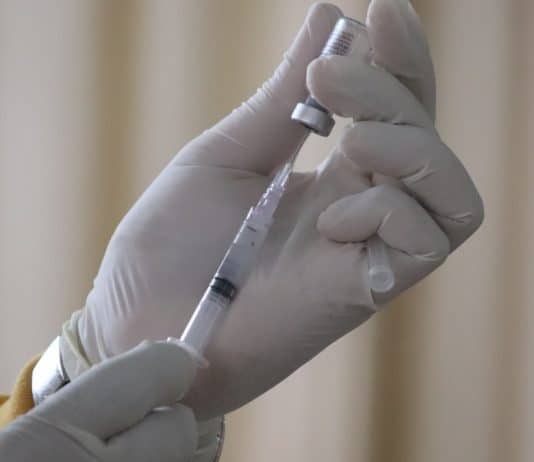International Student Insurance in Australia
Studying in Australia is a dream for many international students. The country offers world-class education, a vibrant multicultural environment, and stunning landscapes. If you...
Emergency Phone Numbers and Doctors in Australia
Traveling to Australia is an exciting adventure, but it’s important to be prepared for any emergencies that may arise. Knowing the emergency phone numbers...
Medicare: Australian Healthcare System
Medicare is the cornerstone of Australia’s healthcare system, providing access to a wide range of medical services for Australian residents and certain international visitors....
How to get medical treatment in Australia
Traveling to Australia with a Working Holiday Visa (WHV) can be an exciting adventure, but it's important to be prepared for any medical needs...
Pregnancy in Australia
As you probably know, the healthcare system in Australia is pretty good, but also very expensive. If you have a permanent residency status in...






























